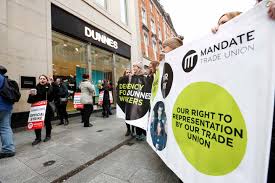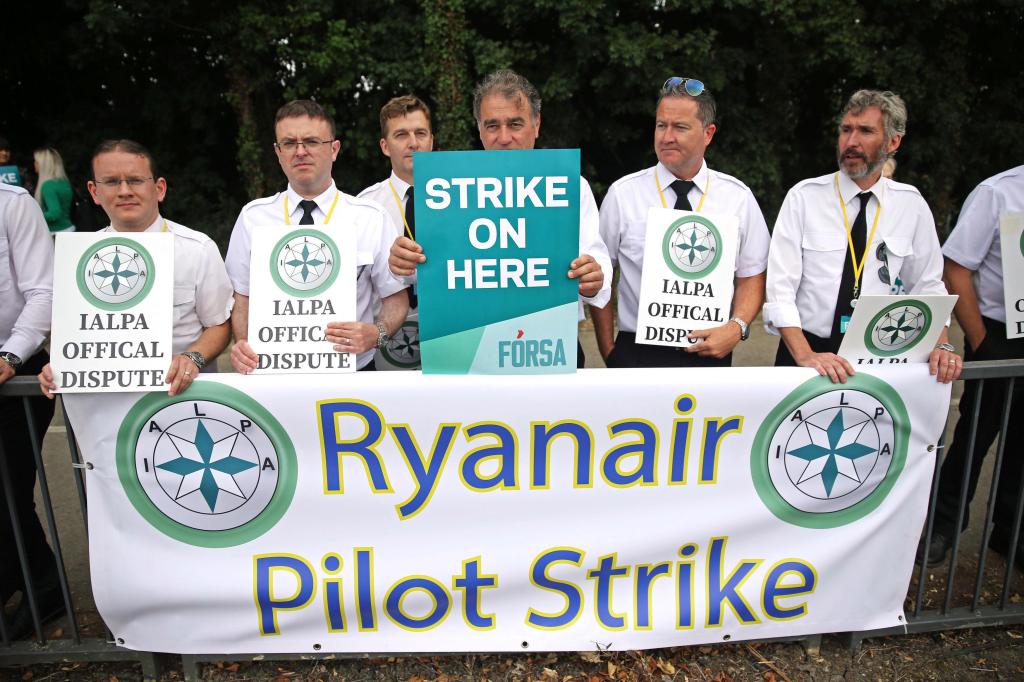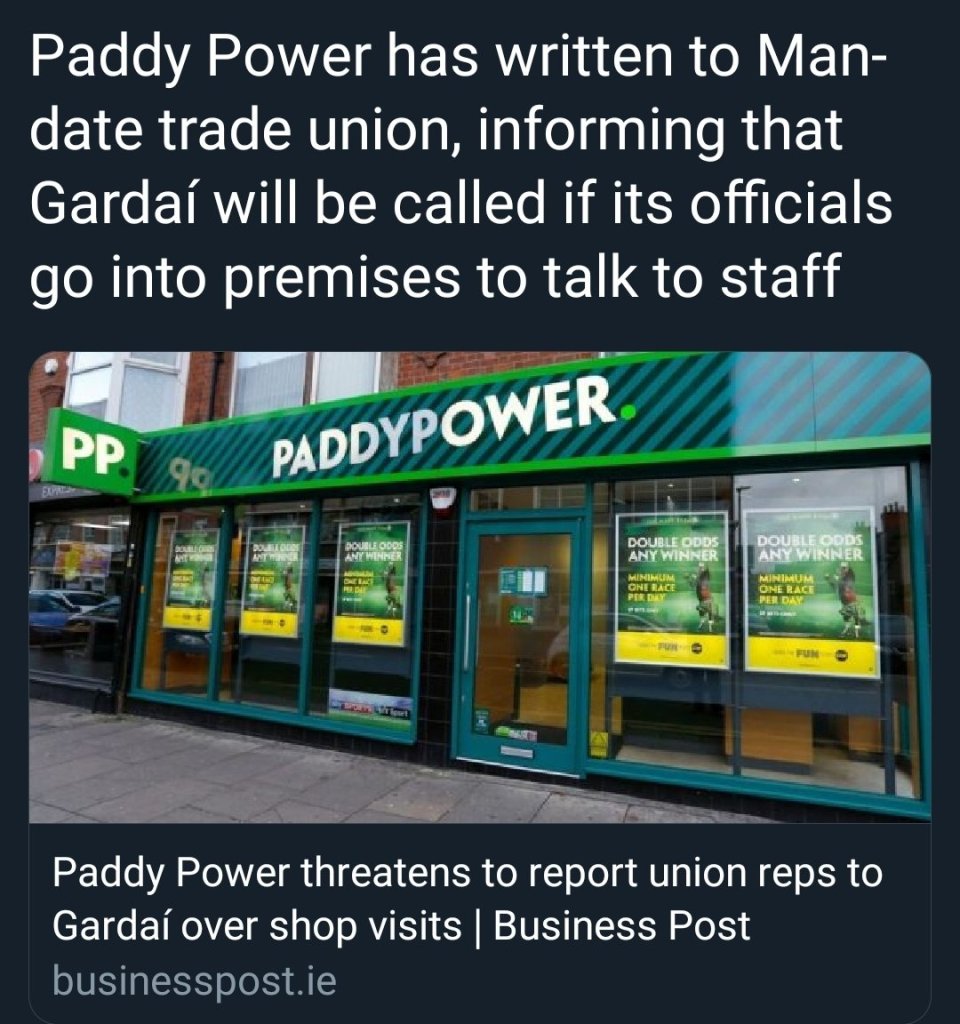by Riccardo De Cristano
“Business as usual is killing us” [1]
Recent years have seen the rise and expansion of new financial instruments aimed to create a positive impact on society. One peculiar instrument, green bonds, is facing enormous growth, and we can notice how it is becoming a popular type of investment.[2] Through its mechanisms, even if a universal definition of what a green bond does not exist, investors can raise profits and provide positive outcomes for the environment.
Market-based solutions to address environmental problems are not new. Robert Coase, in 1960, was the first one to propose a “third way” between regulation and taxation to address the “negative externalities.” A few years later, J. H. Dales suggested to control Great Lakes pollution through market solutions instead of central planning: “each polluter decides for himself by how much, if at all, he should reduce his wastes.”[3] Once proposed the pollutants’ amount per year, economic actors would decide by themselves how to reach the goal, trading their allowances in this newly constructed market.
Commodification of pollutants is the neoliberal answer[4] to environmental problems: the State (and the elected representatives) has only to set a cap, a limit in this new arena, letting market agents decide how to solve the problem.
Even if Ronald Reagan — the father of neoliberal policies — strongly opposed any environmental program, his successor George Bush Senior developed and implemented the Clean Air Act, the first nation-wide trading emissions market, aimed to reduce acid rains through a market-driven cut in SO2 emissions. This should not be a surprise. Starting from the 80s, we saw the rise of environmental market liberals[5] such as Julian Simon, who participated in the right-libertarian Cato Institute. Moreover, Bush Senior’s ecological agenda was crafted by Project 88, a think-thank, composed among others by representatives of Chevron, Monsanto and other big corporations, also helped with his Clean Air Act overhaul.[6]
Before moving forward, we must question the ethical implications of this policy. By selling and trading their emissions, companies were buying the right to misbehave, creating a dangerous precedent, as many journalists saw then.[7] Besides, since this “right” is actually based on the financial capacities of the actors, “commoditization of pollution puts richer countries and communities at an advantage and creates an abuse in a global common that the state has a responsibility to protect.”[8] Despite these moral concerns, and despite the greater success achieved by European countries through legislative curbs on SO2 emissions,[9] market-based solutions are at the core of contemporary environmental policies, such as the Kyoto Protocol and the Paris Agreement. Finance plays a pivotal role in addressing climate change.
However, as IMF’s authors note, investors currently have little interest in green financial products even with recent growing numbers. Market-based solutions are not working: there is still a “large gap between the private and social returns on low-carbon investments is likely to persist into the future, as future paths for carbon taxation and carbon pricing are highly uncertain, not least for political economy reasons. This means that there is not only a missing market for current climate mitigation as carbon emissions are currently not priced, but also missing markets for future mitigation, which is relevant for the returns to private investment in future climate mitigation technology, infrastructure and capital.” Moreover, green investments “are additionally exposed to important political risks, illiquidity and uncertain returns, depending on policy approaches to mitigation as well as unpredictable technological advances.”[10]
Even if scientific evidence proves the danger of global warming, investing in decarbonization is unprofitable because it is too risky. This paradox is explained by the IMF’s authors: “Adding climate change mitigation as a goal in macroeconomic policy gives rise to questions about policy assignment and interactions with other policy goals such as financial stability, business cycle stabilization, and price stability. Political economy considerations complicate these questions. The literature does not provide answers yet.”
In fact, current European monetary policies rely on price stability, open markets and free competition, as listed on ECB’s statute: there is no room for public intervention, political dependency and deficit spending, even to address climate change.
A gap then exists between the current economic policies and mainstream economic thought and what should be done for the environment. For example, in 2018, Paul Romer and William Nordhaus won the Nobel Prize in Economics “for addressing some of our time’s most basic and pressing questions about how we create long-term sustained and sustainable economic growth.”
While Paul Romer describes himself as a “climate optimist,”[11] Nordhaus does not seem concerned about the need for immediate action, permitting much more CO2 to be released in the atmosphere than a policy that mandates temperatures staying below a 2.5ºC rise forever.[12] In fact, the mathematical model he used to forecast the impact of global warming on the economy shows “that damages are 2.1% of global income at 3 °C warming and 8.5% of income at 6 °C warming.”[13]
As Steve Keen sarcastically pointed out:
“Everyone … should just relax. An 8.5 per cent fall in GDP is twice as bad as the “Great Recession”, as Americans call the 2008 crisis, which reduced real GDP by 4.2% peak to trough. But that happened in just under two years, so the annual decline in GDP was a very noticeable 2%. The 8.5% decline that Nordhaus predicts from a 6 degree increase in average global temperature … would take 130 years if nothing were done to attenuate Climate Change, according to Nordhaus’s model …. Spread over more than a century, that 8.5% fall would mean a decline in GDP growth of less than 0.1% per year. At the accuracy with which change in GDP is measured, that’s little better than rounding error. We should all just sit back and enjoy the extra warmth.”[14]
The link between capitalist mode of production and carbon emissions appears unbreakable, even in contemporary mature economies. We should therefore view pollution markets and green finance as new forms of capitalist profit accumulation, rather than practical tools to achieve sustainable development.
The UN includes inequality reduction among its Sustainable Development Goals, but neoliberal policies rely on inequality by design, so it should surprise no one that a UN’s report[15] denounces rising disparities between the “one per cent” and the rest of the world. Moreover, a financial investment requires a profit target for the investors: so any green investment that provides a more significant monetary payoff to investors rather than local populations cannot be seen but as unsustainable, at least in a short period. The richest 1%, as OXFAM shows, is “responsible for 15% of cumulative emissions, and 9% of the carbon budget — twice as much as the poorest half of the world’s population.” To reduce this “climate injustice” caused by neoliberal political choices, the non-profit organization suggests “special taxes or bans for high carbon luxury goods and services … [and a] broader income and wealth redistribution … while prioritizing efforts to ensure everyone can realize their human rights.”[16]
Another SDG concerns justice. In 2012, the Global Alliance of Indigenous Peoples strongly opposed REDD+, a forest management program to mitigate climate change, denouncing its intrinsic injustices and the peril of reducing “the beauty of a waterfall or a honey bee’s pollen” to a price tag.[17] Apart from this polanyan “double movement” against the commodification of lands, they raised crucial questions about the lack of democracy and local empowerment of this kind of top-down initiatives, admitted even by UN, and about the nature itself of carbon trading: this mechanism allows pollutants to emit greenhouse gases while using the green economy to enforce North-South dependency, as in Myanmar.[18]
As the IMF working paper says, an inconsistency exists between capitalistic policies and environmental needs. We should then analyze these type of investments through shareholders’ value theory rather than through stakeholders’ value theory, treating green finance products like regular investments made in a highly financialized economy to seek and redistribute profits among the investors. It cannot be otherwise, since t “the financial system is a set of ordered economic relations, comprising markets and institutions with characteristic profit-making motives which are necessary to support capitalist accumulation.”[19] Green finance can ultimately be seen as another characteristic of monopoly capital’s financialization, where financial institutions replace public provision even for the environmental protection.
So, as long as carbon markets and green finance in general produce a profit, they “work” even while failing to reduce emissions.[20] What’s more, they let investors appear to value environmental protection. It is not surprising, then, that the Financial Times suggests that carbon markets are like the papal indulgencies that Luther fought.[21]
The solution to global warming depends on democratic control and economic planning. There is no alternative.
Riccardo De Cristano is a PhD Student in Economic Anthropology at the University of Bologna. He really likes cats.
Notes
[1] Anna Lowenhaupt Tsing, “A Threat to Holocene Resurgence Is a Threat to Livability,” in
The Anthropology of Sustainability (Springer, 2017), 51–65.
[2] https://www.argusmedia.com/en/news/2178514-green-bond-issuance-surges-in-2020
[3] John H. Dales,
Pollution, Property and Prices. Edward Elgar Publishing, 1968, p. 92
[4] Donald MacKenzie,
Material Markets: How Economic Agents Are Constructed (Oxford University Press on Demand, 2009), 141.
[5] Jennifer Clapp and Peter Dauvergne,
Paths to a Green World: The Political Economy of the Global Environment (MIT press, 2011).
[6] https://climateandcapitalism.com/2014/03/17/myths-green-capitalism/
[7] Brian Tokar,
Earth for Sale: Reclaiming Ecology in the Age of Corporate Greenwash (South End Press, 1997), 37.
[8] Charlotte Streck, “Who Owns REDD+? Carbon Markets, Carbon Rights and Entitlements to REDD+ Finance,”
Forests 11, no. 9 (2020), https://doi.org/10.3390/f11090959.
[9] An historical account of global SO
2 emissions can be found in Steven J Smith et al., “Anthropogenic Sulfur Dioxide Emissions: 1850–2005,”
Atmospheric Chemistry and Physics 11, no. 3 (2011): 1101–16.
[10] Signe Krogstrup and William Oman, “Macroeconomic and Financial Policies for Climate Change Mitigation: A Review of the Literature,” 2019.
[11] https://paulromer.net/conditional-optimism-about-progress-and-climate/
[12] https://voxeu.org/article/how-we-create-and-destroy-growth-2018-nobel-laureates
[13] William Nordhaus, “Projections and Uncertainties about Climate Change in an Era of Minimal Climate Policies,”
American Economic Journal: Economic Policy 10, no. 3 (2018): 333–60.
[14] https://evonomics.com/steve-keen-nordhaus-climate-change-economics/
[15]https://news.un.org/en/story/2020/01/1055681#:~:text=Inequality%20is%20growing%20for%20more,by%20the%20UN%20on%20Tuesday.
[16] Tim Gore, “Confronting Carbon Inequality: Putting Climate Justice at the Heart of the COVID-19 Recovery.” 2020.
[17] https://redd-monitor.org/2012/06/19/no-redd-in-rio-20-a-declaration-to-decolonize-the-earth-and-the-sky/
[18] UN-REDD, “UN-REDD Programme Framework Document,” 2008, 4, https://www.unredd.net/documents/foundation-documents-88/programme-governance-2008-2015/4-un-redd-programme-framework-document-20-june-2008-4.html. https://climateandcapitalism.com/2020/03/16/venture-philanthropists-seek-climate-change-profits-in-myanmar/
[19] Costas Lapavitsas,
Profiting without Producing: How Finance Exploits Us All (Verso Books, 2013), 37.
[20] https://www.transportenvironment.org/news/85-offsets-failed-reduce-emissions-says-eu-study
[21] https://www.ft.com/content/fe1c35db-6fb9-4621-9546-0c069b8e182e











